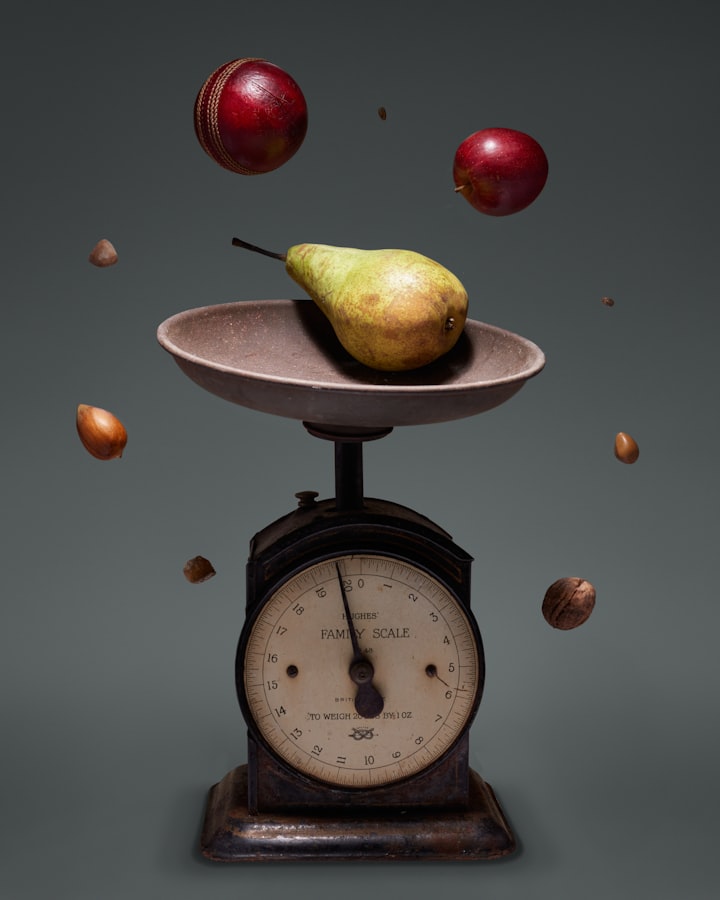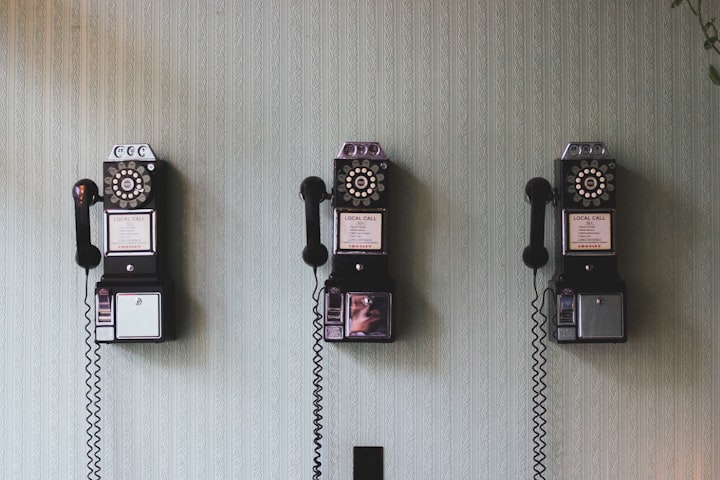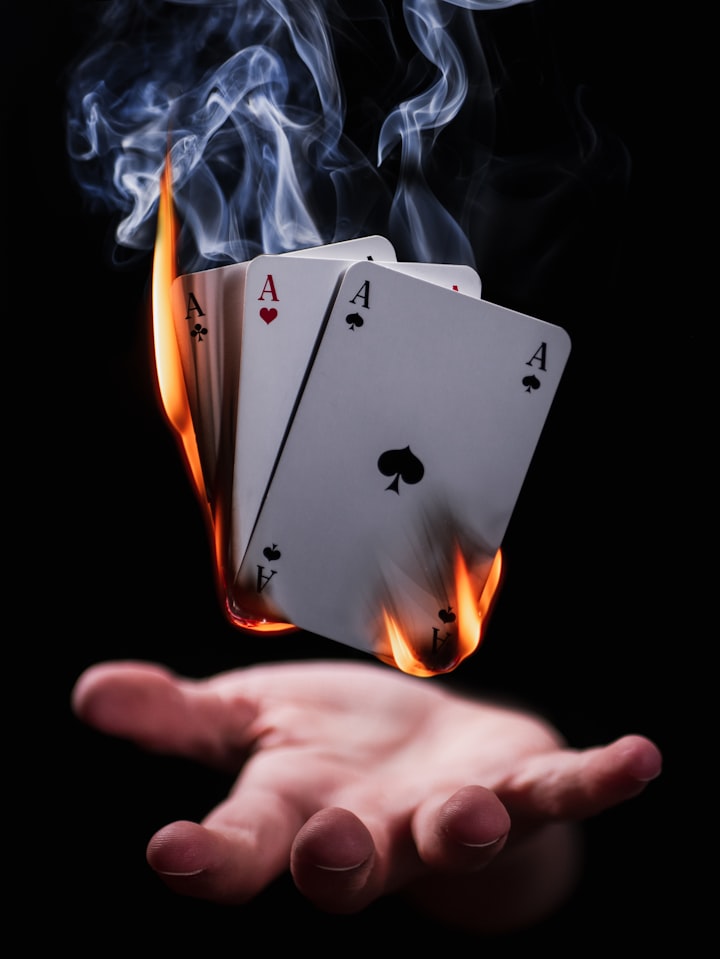Do You Know How Many Psychological Calories You Need Daily?
Let's talk about calories.

The concept of psychological calories (strokes) comes from the realization that certain stimuli in our lives have a "nutritious" role for the psyche.
Eric Berne and the concept of psychological calories (or strokes)
The concept of psychological calories or strokes was created by Eric Berne to express "any act that involves recognizing the other," whether it expresses positive or negative feelings.
As A. Maslow discovered, human needs include the need for recognition. Every man in this world feels the need to pay attention and suffers when he is ignored.
We like to be praised or complimented, but if we don't have them, we are content with negative associations and accept anything just so we don't go unnoticed.
The child neglected by his parents makes fun of them to stand out and at least attract reprimands, once he cannot receive encouragement or caress. Some public figures and celebrities prefer to be denigrated for no reason just to be the center of attention.
So, a smile or a good word is a stroke, but strokes are also slapping or insulting. The need for strokes is similar to the need for food and hence their qualification as psychological calories. Just as our body needs a certain number of calories a day to maintain its fitness, so our psyche is at peace only if it is provided with the minimum amount of strokes.
A neighbor who smiles at us every day when we meet him on the stairs of the block offers us a certain dose of strokes, enough to go to work in a better mood than if we had not crossed paths with him.
But if he is absent from the city for a while, at a new meeting we will not be satisfied with the smile, because now we suffer from a deficit of strokes (psychological calories) that we accumulated during his absence. Therefore, we will talk to him, ask him where he was, and we will tell him something about us to make up for the lack of psychological calories that both we and he probably produced. his temporary disappearance.
To better understand the notion of psychological calories, strokes, Rene de Lassus has developed a so-called "stroboscope", in which our interactions are evaluated on a scale from 0 to 50:
- Crowding - 2 strokes (psychological calories)
- A brief look - 3 strokes (psychological calories)
- A short contact - 4 strokes (psychological calories)
- Giving or receiving information - 5 strokes (psychological calories)
- Greeting - 7 strokes (psychological calories)
- A handshake - 10 strokes (psychological calories)
- A rough look - 11 strokes (psychological calories)
- A gentle look - 12 strokes (psychological calories)
- An observation - 13 strokes (psychological calories)
- A short quarrel - 15 strokes (psychological calories)
- A smile - 17 strokes (psychological calories)
- A compliment - 20 strokes (psychological calories)
- A slap - 21 strokes (psychological calories)
- Giving or receiving a blow - 23 strokes (psychological calories)
- A hug - 25 strokes (psychological calories)
- A kiss - 30 strokes (psychological calories)
- A caress - 33 strokes (psychological calories)
- A long conversation - 35 strokes (psychological calories)
- An important dispute - 40 strokes (psychological calories)
- Intimacy - 50 strokes (psychological calories)
It is obvious that these values are indicative and can be challenged at any time. The introduction of measurable elements in the field of psychological calories can not help but raise questions.
How exactly can we say, for example, that a kiss is equivalent to three handshakes, ten short glances, or a compliment and a half? However, regardless of the objections that may be brought to him, the theory related to psychological calories (strokes) expresses a psychological reality that the study of interpersonal communication cannot ignore.
I believe that hugging is one of the most wonderful gifts you can give a person. Hugging is a form of therapy. You can say that hugging is the strongest form of communication between people.





Comments
There are no comments for this story
Be the first to respond and start the conversation.